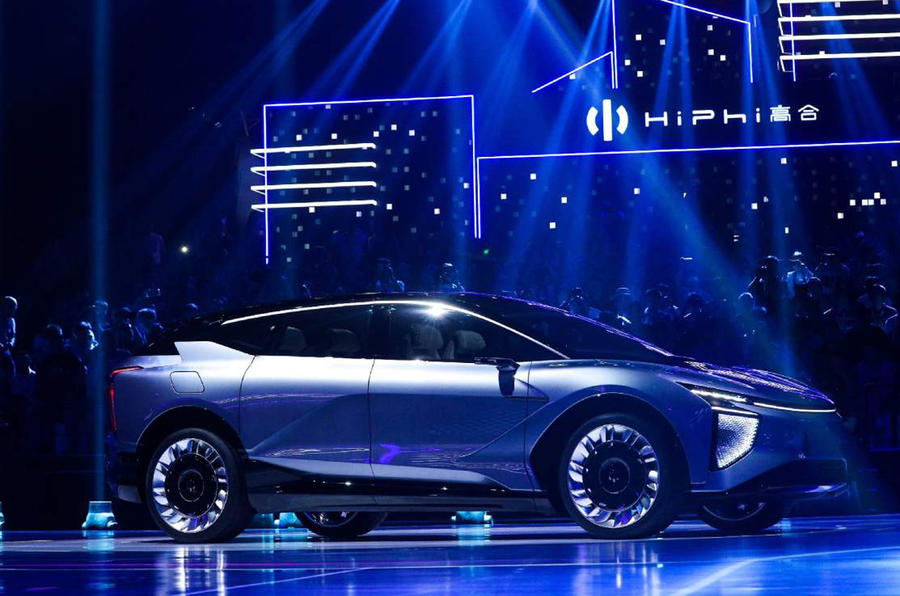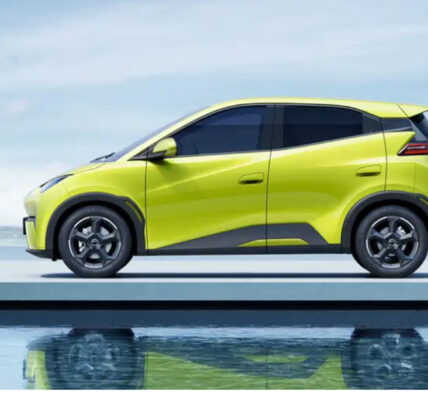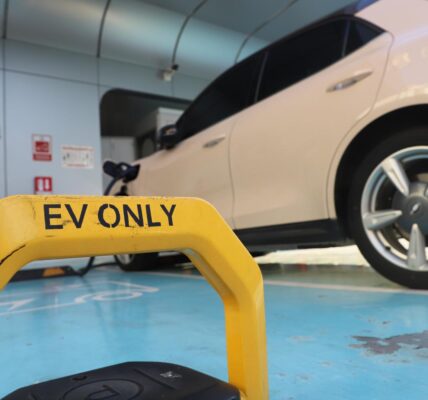Chinese automaker BYD is under an ongoing investigation by the Directorate of Revenue Intelligence (DRI) over allegations of underpaid taxes on imported parts used in its assembled cars sold in the country, reported news agency Reuters.
The DRI claims that BYD, China’s largest electric vehicle (EV) maker, underpaid taxes amounting to $9 million.
While BYD has deposited this sum following the preliminary findings, the investigation remains open, and additional tax charges and penalties could be imposed. BYD and the Indian authorities have not provided any official response.
BYD’s expansion plans in India have faced challenges amid strained relations between New Delhi and Beijing.
The Chinese automaker is currently under heightened scrutiny from Indian authorities due to a $1 billion proposal to build cars locally, in line with India’s stricter regulations on foreign investments from neighboring countries, including China.
BYD has told its Indian joint venture partner that it has dropped its investment plans, as it faces scrutiny from authorities.
In recent years, Chinese companies in India have faced increased scrutiny following border clashes between the two nations in 2020. Smartphone maker Xiaomi Corp has also encountered allegations of illegal remittances to foreign entities in the name of royalties.
India imposes different tax rates on fully built electric cars and car parts imported for local assembly into EVs. While fully built electric cars are subject to 70 per cent or 100 per cent tax based on the vehicle’s value, car parts can be levied at 15 per cent or 35 per cent if they are imported without being mounted on a vehicle chassis.
The sources reveal that BYD has not met the necessary conditions to benefit from the lower tax rates, making the automaker liable to pay either 70 per cent or 100 per cent based on the car’s value.
The specific time period of the alleged tax violation and the number of cars affected have not been disclosed. BYD, which has invested over $200 million in India, offers the Atto 3 electric SUV and the e6 EV to corporate fleets and plans to introduce its Seal electric sedan later this year.
As of 2022, the company has sold approximately 1,960 cars in India, according to government registration data.







